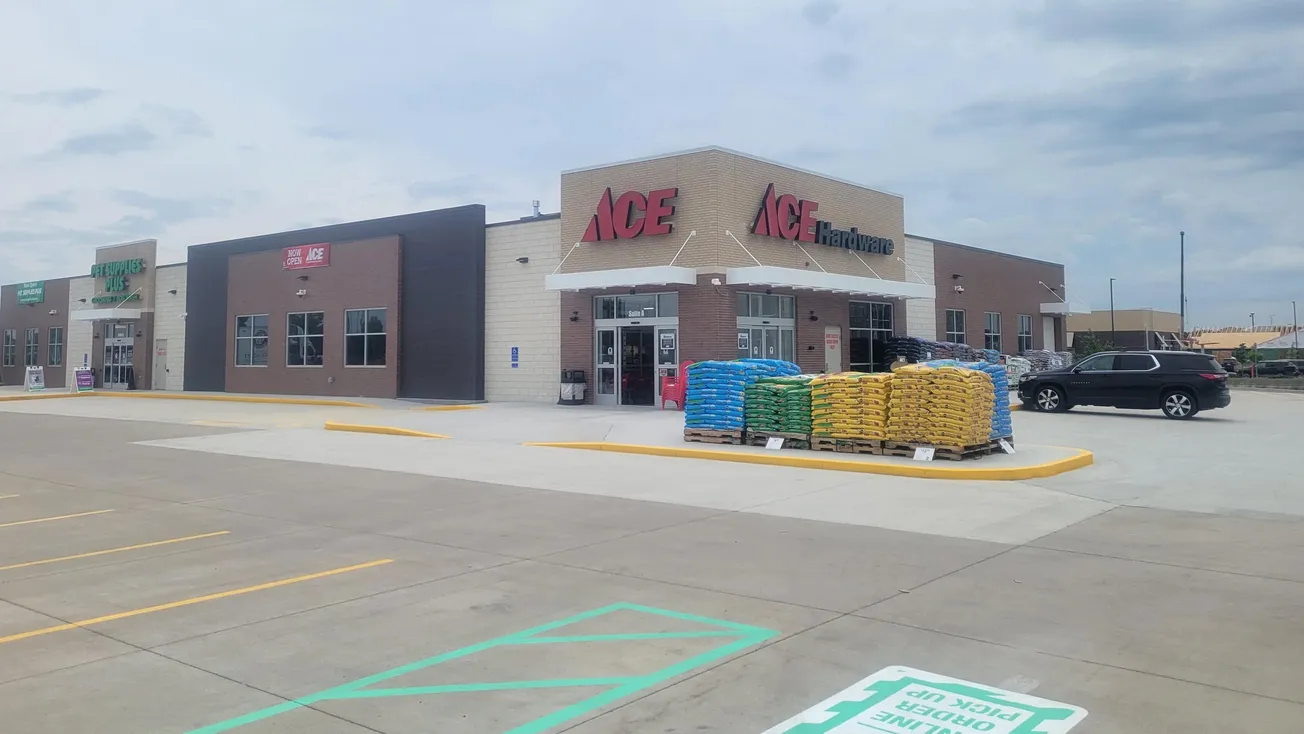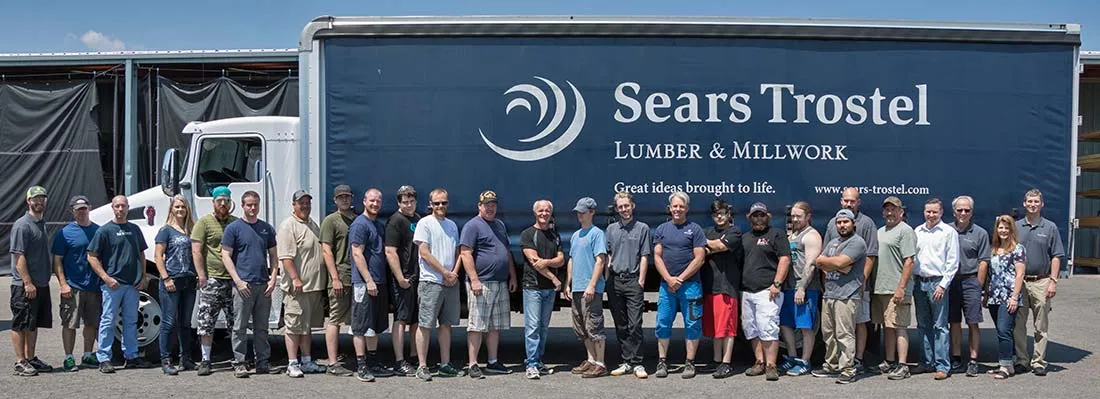Table of Contents
SALES IS COMPETITIVE. Every account worth calling has 20 salespeople calling them. Every account we want to sell is already buying from several vendors. They already have a favorite vendor and in many cases have been buying from them for years. They have high-trust relationships in place. So how are we going to get into their rotation of suppliers?
From the first moment we talk with a potential client, they are judging the heck out of us. It’s human nature; it’s called intuition and even though we have lot of machines and apps doing work for us, we still use our intuition in business and in life. Here are some little things we can do that will help set us apart from the crowd. While they won’t magically make us the number one supplier (right off the bat) they will get us in the rotation.
Our Greeting
Most sellers greet the receptionist with a minimum of professional politeness. They call them “Gate Keepers” and, while not rude, are perfunctory in their greeting. Everyone at the account has a vote. There may only be one buyer but there are many influencers, so the Master Seller is warm, friendly, and professional with everyone at the account.
Our greeting should be calm, not rushed. We leave spaces between the words and sentences. They have never heard our voice before, so we enunciate clearly. We give our first AND last name the name of our company and where we are calling from. This will make us stand out because most sellers talk too fast, have no warmth in their voice and don’t say who they are with. My students ask me, “Why do I have to tell them where I am calling from?” Because they want to know even if they don’t know they want to know, thus we are scratching an itch they didn’t even know they had—which feels good.
Other students say, “I don’t want to sound like a cheesy salesperson.” I agree, this is why we need to be as natural as possible. We are not talking about an exaggerated warmth, just a casual, comfortable approach.
First Call Qualification
Most sellers are nervous and unorganized on their first call with customers. The purpose of the first call is to qualify the customer and the products they use. We do this item by item. Species, grade, lengths, mill preference and volume, by item. Many sellers jump from one item to the next without thoroughly qualifying the first item.
In addition, the Master Seller does not try to sell on the first call. There are exceptions, but in general if the customer says, “What’s your price on X?,” the Master Seller says, “Judy, I’d love to sell you something today, but that’s really not the purpose of the call. Let me ask you a couple more questions about you and your business needs. After that if you would like me to give you a professional quote I will.”
Qualifying Inquiry
The Master Seller doesn’t flip prices. When the customer asks for a price, the Master Seller slows the process down and gets all the specifics needed—(1) volume, (2) ship time, (3) lengths, (4) species, (5) price range, and (6) when the order will be placed—before giving a price.
Ending the Call
Many sellers don’t overstay their welcome. Master Sellers are on a mission. They present value on several items, stopping on each to ask for the order, then set an appointment for the next call and get off the phone or out of the customer’s office. Small talk is important, and we gauge how little or how much we do based on our customer’s demeanor, but we do not overdo it.
Asking for the Order
Eighty percent of sellers don’t ask for the order. The Master Seller asks for the order in a relaxed, positively assumptive way. What I mean by positively assumptive is that their tone is a relaxed “I know you are going to say yes” tone. Many sellers are overly timid; they sound like they know the customer is going to say no while others are too aggressive.
These “little” things set us apart from the crowd and get us in the buyer’s rotation of suppliers much sooner.









